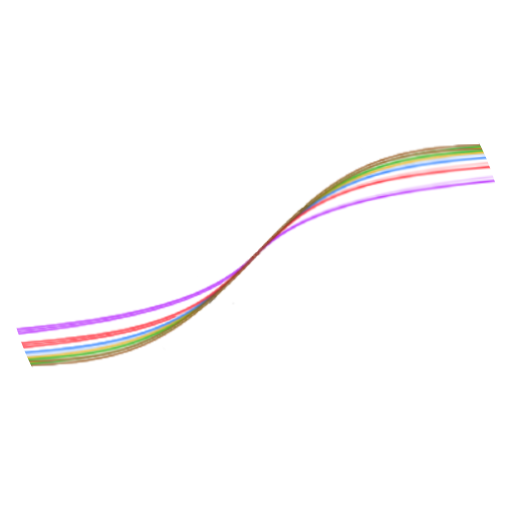

I think I get what you’re after now. I’ll have to think on this further - interesting problem!


I think I get what you’re after now. I’ll have to think on this further - interesting problem!


IMO there is a difference between adding “knowledge” and adding “facts”. You can fine tune in domain knowledge but it will be prone to hallucination. To ground the instructions, you’d need to introduce RAG for fact lookup; possibly with a summarization step if you want to bring in large bodies of facts.


I don’t think fine tuning works the way you think it does; one does not generally fine tune to “add facts”. This might be useful: https://nextword.substack.com/p/rag-vs-finetuning-llms-what-to-use
I’d advocate for using the RAG pattern to do the lookups for the new facts. If needed, you can fine tune the model on top to output for your specific domain or format.


IIRC, the biggest issue with TrueNAS SCALE + Docker is that they really run the containers on a ‘hidden’ kubernetes cluster and obfuscate the standard docker and docker-compose way of doing things behind a gui with limited customization and poor field descriptions.
I found it much easier to spin up a VM on SCALE and run docker through that, although then you have to deal with multilayer networking.
… To be fair, this was when SCALE was still in beta, so it has possibly improved since then.
It’s not just every tech company, it’s every company. And it’s terrifying - it’s like giving people who don’t know how to ride a bike a 1000hp motorcycle! The industry does not have guardrails in place and the public consciousness “chatGPT can do it” without any thought to checking the output is horrifying.
https://yetch.store/products/every-day-goal-calendar For a physical/digital device. … way more expensive than I remember it being (especially given it’s single-user), but it’s a pretty good incentive to keep up with less-fun habits